Review for The Bass Player and the Blonde
To me, Edward Woodward is either 'Callan' or 'The Equalizer'. Cool as ice, urbane and more sophisticated than Michael Caine, though physically close. So imagine my surprise when I watched this 'play' (and three follow up episodes) replete with Tony Hancock style sing-song histrionics and goofing of the highest order. In fact, to begin with, I just couldn't get into the groove of the thing at all.
But eventually it wore me down with its sheer persistence. The original 'play' (or 'pilot' if you prefer) proved so popular when it aired in 1977 that it spawned three one-hour follow up episodes, all included in this two-disc set.
Woodward plays washed out one time jazz hero bass player George Mangham. Having had fifteen minutes of fame way back when, he has settled into routinely chaotic twilight years, living in a rented flat, and dodging collectors of outstanding gambling debts, making a living doing regular stints at a tired Jazz Club in London's West End. Maybe not everyone's ideal for middle-aged life, but at least one of his own choosing.
So that takes care of the bass player. What about the blonde? Terry is the beautiful, if slightly crazed, daughter of a wealthy 'self-made man'. Played by a young Jane Wymark (yep - Joyce Barnaby, wife of John Nettle's character in 'Midsomer Murders'), Terry is about to wed a good-looking young socialite, as decreed by her domineering but wealthy Father. Terry fancies herself as a singer, and as the daughter of a distinguished gambling club owner, who is going to turn her down?
The night before her wedding she goes to the Jazz club to fulfil her ambition to sing, and George, the bass player, is tasked by his boss to take care of her.
George is all wrong for her. He's the same age as her Father, a disorganised penniless mess, who is also extremely cynical and grouchy. But Terry loves Jazz, and is bewitched by George's cynically urbane ways. He's also exactly the sort of man her Father would dislike. So Terry falls in love with George and, despite trying to resist, the feeling is quickly mutual. But it's a match made in hell.
Terry's Dad, Charlie (completely over-played by Ronald Fraser in a performance more akin to Pantomime) is not happy either and the drama , including a run from the church in wedding gown, is pretty much based around this conceit.
There is a curious additional narrative strand about Catholicism (Terry is, George isn't) that seems somewhat shoe-horned in, though when the local vicar also turns out to be not just a jazz fan, but a George Mangham fan in particular, it adds a light touch to an occasionally heavy drama.
In truth, the whole thing is a bit of a mess. One minute it's soul-searching drama, the next slap-stick comedy. The original TV Play was scripted by Roy Clarke ('Last of the Summer Wine') and the follow ups were penned by Phil Redmond (Grange Hill and Brookside) and Ian Lindsay. Dennis Vance, best known for the often excellent 'Special Branch' (also available from Network) and 'Armchair Theatre' directed all the episodes. The music was ably supplied by Jack Parnell.
Picture quality is fine (video for interiors and very shaky hand-held 16mm for exteriors) though lacking in contrast and colour saturation. Some simple grading may have helped this, though budget for such a marginal release probably wouldn't stretch that far. You can always crank up contrast manually and push up the colours a bit to compensate.
Whilst a bit messy, and far from perfect, it's a fun period piece and, despite the patchy narrative and production, it's still immensely watchable. Clearly a must for Woodward fans and completists, probably enjoyable to Jazz and archive TV fans, and of passing interest to everyone else.
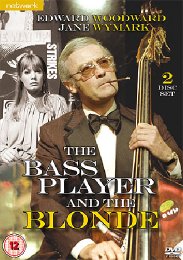
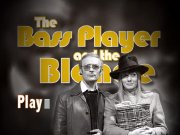
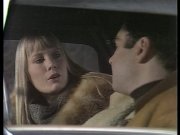
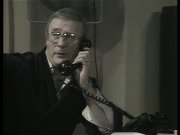
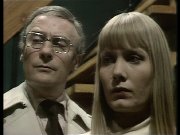
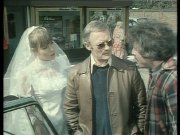
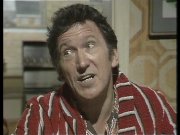
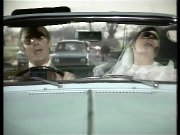
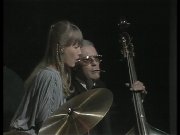








































Your Opinions and Comments
Be the first to post a comment!